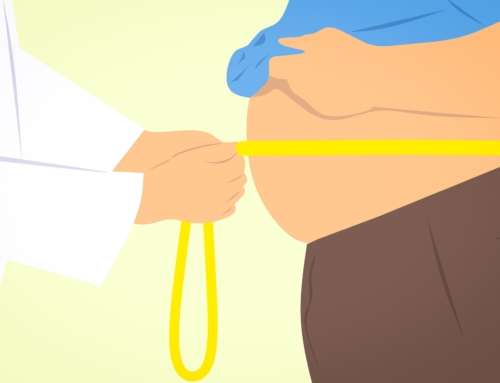If you believe all the hype, cannabis is being touted to cure everything. If a little bit is good then more is even better? Not so fast. Cannabis has numerous studies indicating it is good for inflammation and has many benefits. That information is not being disputed here but awareness that things are not as rosy as they seem is important to understand. READ ON to learn how cannabis use can lead to coronary artery disease and plaque formation increasing your risk of heart attack and stroke….
A recent study presented at the American College of Cardiology’s Annual Scientific Session evaluated the potential long-term cardiovascular issues that may arise with the use of cannabis. They found that there was a dose-dependent risk of frequent cannabis use and higher risk of coronary artery disease. This study adjusted for age, sex and major cardiovascular risk factors like diabetes and high cholesterol. Even with all of these removed from the data there was a 34% increase risk in cardiovascular disease in people who use cannabis on a DAILY basis. Once a month use was not associated with any increased risk. This means that daily use appears to increase the risk of plaque formation by an increase of 1/3 compared to people who do not partake.
The active ingredient THC (tetrahydrocannabinol) has been shown to act on receptors found in the central nervous system and blood vessels. It is thru this action that may provide a pathway for the cannabis to create inflammation therefore leading to plaque formation. Cannabis is thought to have three major effects on the cardiovascular system and vasculature: cannabis “arteritis”, cannabis-induced vasospasms, and platelet aggregation (meaning increased risk of clotting). In addition, increased use has been associated with increased angina (chest pain) frequency. It also has been shown to increase blood pressure and decrease cerebrovascular blood flow which in turn causes an increased risk of cerebral vascular incidents and transient ischemic attacks both forms of strokes. Prior studies have implicated THC creating heart rhythm abnormalities such as tachycardia and atrial fibrillation within an hour after smoking it.
What this study did NOT evaluate was if there is a difference between the forms of use and inflammation. When looking at tinctures, gummies or smoking, smoking has had numerous studies that indicate it creates inflammation in the lungs. Prior case reports and some studies have also implicated smoking creating peripheral vascular inflammation. Animal models demonstrate mice who have been fed high fat/high cholesterol diets had large amounts of plaque formation when injected with THC compared to the same mice with no THC. Notice this is not smoking it but injecting it so there may be an inflammatory cascade even with gummies or tinctures. More research needs to be done in these areas.
In the meantime here is a take home message:
- Try to avoid daily cannabis use if possible
- If you require daily use for medical purposes, then choose a gummy or tincture form rather than smoking to limit the amount of potential for inflammation.
Stay tuned though as this will be an ever changing recommendation as more and more research comes to light.
To your health,
Laura









